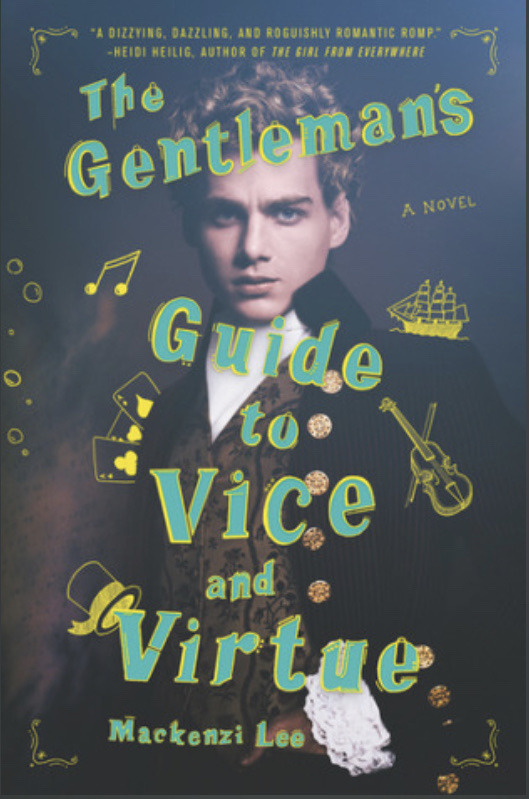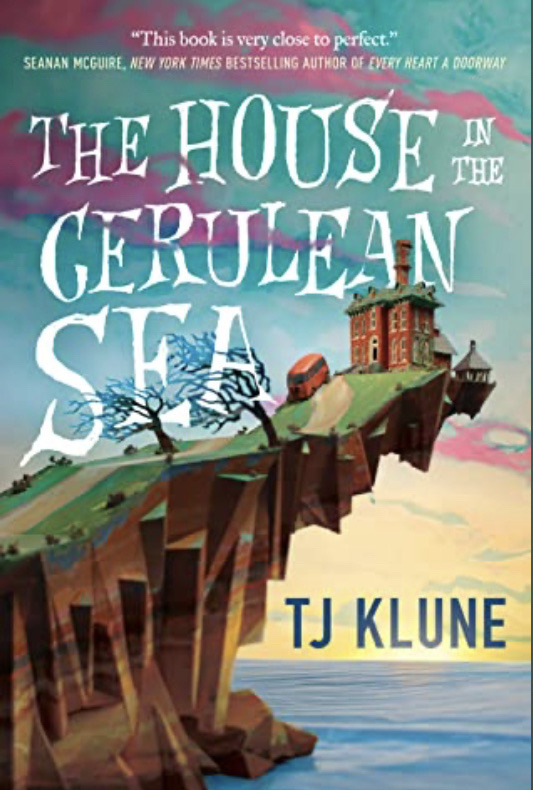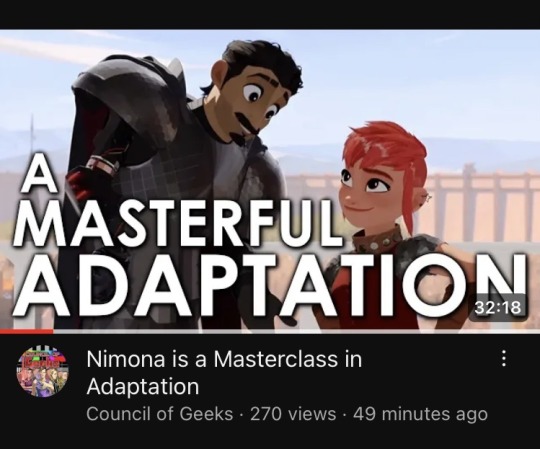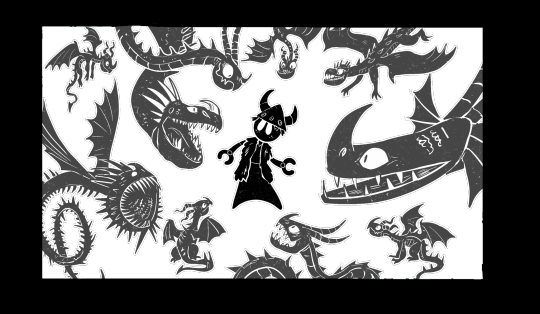#film adaptations
Text
First it was queer erasure in the picture of dorian gray…now it’s the whitewashing of wuthering heights…

#what a time to be an English lit fan…#the classics are being wronged your honour#I’m never going to get over Netflix erasing the queer aspect of podg basil get behind me!!!! they don’t understand you#Netflix ruins everything#the picture of dorian gray#tpodg#wuthering heights#emily bronte#oscar wilde#classic literature#english literature#literature#film adaptations#gothic novels#queer community#lgbt
15 notes
·
View notes
Text
when are studios gonna realize that animated adaptions of books are the WAY TO GO
#animation is not just for children in this essay I will#look at arcane or castlevania#also like I've seen the fan casts henry cavil cannot play every generic hot male lead#also animation just leads itself better#I want my own book to be animated#booklr#writing memes#book memes#goodreads#film adaptations#animation#six of crows#the cruel prince#folk of the air#divine rivals#letters of enchantment#lenora's pen
205 notes
·
View notes
Text
Guys. Guys. Please. Not every adaptation has to be live action, not every adaption can be live-action, because making it so can rob the original IP of its very essence. If making everything look realistic diminishes it to the point where you literally have to animate it anyway to make it recognisable, then why even try to make it live action in the first place? What is so bad about animation that we have to make things live action because it’s otherwise “just for kids”? Why are we ignoring a perfectly good medium only to force a different medium to do what the former was designed to do only much worse?
Some things can only be done by animation, in the same way that some things can only be done by books or musicals or games. That’s what makes adapting things so difficult, and it’s what makes choosing the medium you want to write in so important.
#yes this is about the minecraft movie#and also the live-action Lion King#because that example is particularly bad like ITS LITERALLY ALL CGI ANYWAY???#why does this even exist? so adults feel less insecure watching their favourite childhood movie at the cost of it looking worse?#I mean if you absolutely have to adapt everything in existence at least choose the medium that would suit it best#this was apparently bothering me a lot more than I thought#animation#live action#film#films#movie#movies#story mediums#film adaptations#adaptation#the lion king#minecraft
102 notes
·
View notes
Text
currently thinking about how ages ago my friend sent me a long-ass explanation about why saltburn is an adaptation of the myth involving theseus, the minotaur, and the labyrinth.
nobody asked but here’s some of the fun proof that exists of this:
first and foremost, icarus, the boy who flew too close to the sun. during the party scene, it is evident that felix symbolises this poor ill-fated youth, and the symbolism here is potent. he flew too close to finding out what oliver truly is. he discovered something he shouldn’t have, and dressing him up in icarus cosplay is the perfect showcase for his fate and his mistakes. it’s also brilliant in terms of what icarus actually did to “deserve” death. realistically, he was told not to go too high or too low, but in actuality, such cryptic instructions were difficult to follow mid-flight, and it resulted in catastrophe. felix is trying to navigate the responsibilities of being a good friend with his baggage as someone in a family of rich pricks. it’s hard, and in flying too far away from his background, he “flew too close to the sun” and discovered things he shouldn’t have. as a small nod to further the icarus imagery, felix’s body is discovered under bright and direct sunlight as he lays motionless in his winged costume.
secondly, saltburn is in the center of a labyrinth. the labyrinth lore runs deep in this movie, because not only does the labyrinth function as symbolism, it has lore that runs adjacent to the lore of the actual labyrinth. in theseus and the minotaur, the labyrinth is a construct of greek architect and inventor daedalus, who was conscripted by king minos to create the maze. in saltburn, the labyrinth is constructed upon special request from james catton, the owner of the estate, and a very wealthy man (almost like a modern day king).
the labyrinth (in the original myth) is dangerous to all characters that reside within it. it keeps all in within a chance for escape, and those that get close die tragically. in saltburn, the labyrinth functions as an ode to the ways in which riches and fame poison those that reside in the walls, keeping them locked within its dangerous talons, or in this case, cleanly trimmed hedges. it’s suburbia on a larger and more internal scale. even those that do not have riches themselves, namely farleigh and annabel, do everything they can to remain on the estate and in the good graces of those on the property with immense money. it affects how they act and how they are expected to act. farleigh, as a good example, is very stuck on the particulars of rich people’s behaviour. as mentioned above, those that try to leave the maze die tragically, and icarus is a prime example. felix, in his attempt to be better than the riches of the estate socially allow, flies too close to a possible escape from the confines of the labyrinth and is murdered as a result.
in the story of the labyrinth, it is unsolvable, unless you are clever and quick witted (manipulative), which theseus luckily is. the same is true for oliver. oliver, like theseus, gets into the heads of multiple characters, manipulating his way to the top of the food chain. the scene where oliver views the wooden counterprt of the maze through the head office in the estate, he is told that he shouldn’t be there, and a sense of ominous foreboding takes place. we feel that he has seen something that will change him. however, i believe this is simply symbolism for the fact that oliver has figured out the secret to the maze: a secret that he, an outsider and a poorer, less sociable man should not be aware of, as he is a representation of theseus, a character who has no right being king.
thirdly, oliver is juxtaposed with imagery if the minotaur during the party scene, and though this costume doubles as a reference to the changeling in a midsummer night’s dream, it is still highly important. in the original myth, people are sacrificed to the minotaur on a yearly basis. at first, felix fits the profile for the minotaur: a rich, wealthy man in a labyrinth who is regularly described as going through friends the way a young boy would go through toys. it is also true that the minotaur has often been seen as a controversial figure, one that begs the question “is a monster just a tormented creature fated to behave according to the will of the gods?”. felix’s behaviour, or namely, his attempted deviancy from the behaviour he is expected to show, is a major prt of his character arch. we expect oliver to be the victim of felix’s behaviour exactly because of this. but he isn’t. an easy explanation is that oliver is the minotaur, going through the family members as though they were victims in a maze. however, oliver is NOT the minotaur, as the myth is a lot more complex than the minotaur being the bad guy. despite what we expect, director emily fennel is leaning into the concept that the minotaur’s storyline is that of fate versus free will. the minotaur is cursed by the gods to fall into certain patterns and to be punished for its behaviour, despite it doing exactly what was expected. felix attempts to deviate from what is expected, but ultimately he fits in well with the rich and social, and his death is a punishment at the hands of a sort-of theseus who believes he is more deserving. rather, oliver is also seen to be theseus, who famously invaded the maze, manipulated its dwellers in order to navigate it, killed the minotaur, and then manipulated his way into becoming king as a result. sound familiar? it is because of this that the imagery of oliver as the changeling is particularly important. the horns can be evocative of the minotaur, offering us a red herring, where he is truly disguised as the opposite. it’s a fake out.
fourthly, king minos (owner of the labyrinth) did not die directly at the hands of theseus, he did eventually meet his downfall and was boiled to death in a bath. james catton, head of the estate, dies of a supposed suicide, also not directly by oliver’s hands, but still implicitly connected to the events of the story, much like king minos’ death.
the lore in this film is incredible, and though emily fennel has not said that the film is an adaptation of greek myth, the parallels are deliciously undeniable. saltburn is fascinating, and truly one of the best films of 2023. there is so much stuff jam packed into it, and it’s one of those films that takes a few watches to fully grasp its depth. i love it!
#saltburn#felix catton#oliver quick#james catton#farleigh start#venetia catton#elspeth catton#annabel#theseus#minotaur#theseus and the minotaur#the labyrinth#king minos#princess ariadne#king theseus#capitalism#the saltburn estate#the bathtub scene#icarus#icarus falls#felix saltburn#beautiful symbolism#symbols#symbolism#so much symbolism#greek myth#movie adaptation#film adaptations#saltburn movie#saltburn analysis
89 notes
·
View notes
Text

#jack and the beanstalk#fairy tail#film adaptations#childrens literature#reading#stories#cinema#film#genres#movies#john atkinson#wronghands#webcomic#humor
51 notes
·
View notes
Text
I know this may be surprising as a history nerd and given my very loud negative feelings about Netflix's adaptation of All Quiet on the Western Front, but,,
I fucking LOVED Netflix's adaptation of The Decameron.
Largely because it wasn't an adaptation of Boccaccio's The Decameron, in the same way that Netflix's Nimona wasn't an adaptation of the original novel either (and that, too, I love, while still loving the source material). Both took inspiration from the original novel and restructured it for a different audience in a way that was interesting and engaging both to people who are and are not familiar with the story, and did so in a way that was respectful to the overall message of the source material.
Also they were fictional stories and not fetishistic adaptations of real people's real life trauma like aqotwf but who's keeping track
When I see people, especially adults, who want an identical, point-for-point recreation of a novel, with no creative exploration, no adaptive use of the medium, no modernization or interpretation of the source material, with the ONLY audience in mind being Nerds Who Read The Book, perhaps it's my hyperphantasia talking, but why even bother?
#of course I think there's a limit and some changes made in adaptation just fucking suck#but we cannot expect identical play-by-plays although I know that's tumblr's favorite thing to want#the decameron#nimona#all quiet on the western front#netflix#film adaptations#tv adaptation#literature
46 notes
·
View notes
Text
I don’t need a Dresden Files tv show remake becuase I want to see book accurate scenes and characters come to life. No no no. I need it so the angsty little 12 year olds can make the most soul crushing edits of the characters to songs like “Your own your own kid” “not strong enough” “SCOTT STREET” “WHAT WAS I MADE FOR”, that cause me to go into a depressive spiral for 6 days.

#give me the goods!#the Percy Jackson edits alone make me want to jump off a very tall something these would destroy me#anyways back I go into my hole#the dresden files#harry dresden#dresden files#tv#books#film adaptations#jim butcher
77 notes
·
View notes
Text
—“Gas Food Lodging” (1992) | By Allison Anders
Movie Adaptation: Don't Look and It Won't Hurt by Richard Peck, 1972.

#romance drama#richard peck#movie edit#movieedit#movies#movie poster#cinestill#cinemetography#cinephile#cinema#film aesthetic#film analysis#film and television#film and tv#film art#film scene#film photography#film adaptations#film enthusiast#film edit#film emulation#film stills#movie stills#tv stills#episode stills#movie quotes#movie quote of the day#movie qoute#movie quotations#movie scenes
21 notes
·
View notes
Text
Some of these encompass more of the story, but the smaller an error it is, the more egregious in how they got it so wrong. I can only fit so many, but these are the ones that annoy me the most.
34 notes
·
View notes
Text
I just finished rereading Atonement for the first time in 13 years. I've been calling it my favourite book and my favourite movie this whole time, and since I've been reading a lot more lately, I wanted to revisit and see if it's still the case. But it was kind of impossible to read without picturing the film the entire time.
Because for all the film adaptations of books that fail to capture or translate their story properly, Atonement is right there. Not only a perfectly faithful adaptation of the themes and events in the book, but actually one that elevates them.
An aesthetically sublime film in its own right... The score. The costumes. The scenery. The frenetic editing. The emotions. You can feel the heat of the summer day. Feel the chaos at Dunkirk. It's genuinely an artistic achievement. And it's one that stuck so incredibly close to its source material.
Yet there's one small change in particular that stands out to me because it's better than the book. And it's so small, but it is EVERYTHING.
When Briony comes to tell her sister that she's changing her testimony after all these years and Robbie yells at her for telling the lies that condemned him, in the book he says "and when I was inside (prison) did it give you pleasure?"
In the film, James McAvoy delivers this line with the words switched ever so slightly "Tell me, did it give you pleasure to think of me inside?" and he lingers over the word pleasure in a way that eroticizes the whole concept, in a way that reminds Briony and the audience that all this happened because Briony had a little scorned crush on him at 13. And puts the emphasis back on her imagination, imagining him inside, since this whole story is about her imagination. It's just.. that one line hits so much harder, both in the way it was written and in the way James McAvoy delivers it.
It's crazy. So many book to screen adaptations that fail and fall short and do a disservice to their source material... and then there's Atonement.
#atonement#ian mcewan#film adaptations#joe wright#christopher hampton#james mcavoy#briony tallis#robbie turner#acting
56 notes
·
View notes
Text


Since we will soon be getting film adaptations of Red, White and Royal Blue and Aristotle and Dante Discover the Secrets of the Universe, I hope there will eventually be adaptations made for these excellent queer YA novels as well!! 🤞🏳️🌈
For The House in the Cerulean Sea in particular, I need the adaptation to be animated! Now that we have films like Nimona on Netflix, I am hopeful that a similar animated adaptation can be made for TJ Klune’s novel. *speaking this into existence*
#the gentleman’s guide to vice and virtue#mackenzie lee#the house in the cerulean sea#tj klune#lgbtqia#queer#book covers#lgbtq books#please let us have adaptations of these queer books too!#I also would love an adaptation of Klune’s Under the Whispering Door#film adaptations#red white and royal blue#casey mcquiston#aristotle and dante discover the universe#benjamin alire sáenz
130 notes
·
View notes
Text
A scene from Deathwatch (1966)
starring Leonard Nimoy in one of the lead roles vying for the attention and approval of his cellmate, “Green Eyes”
A film ahead of its time based off the play written by Jean Genet. While the film adaptation is not very strong it is still ahead of its time with its queer identity, imagery, and critique on toxic masculinity
#Leonard Nimoy#is a treasure#his gentleness is so well conveyed#also TikTok is def striking this for low quality but this is the best I could find#so it’ll live here too oh well#deathwatch#vic morrow#classic hollywood#film adaptations#letterboxd#film review#queer film#meant to post this on the last day of pride and forgot#this is what I decided would be easier to post instead of beau travail edit
20 notes
·
View notes
Text

Here’s my personal recommendation of a YouTube video to check out:
youtube
#nimoma#nimona#nimona movie#nimona my beloved#nimona novel#nimona netflix#nimona analysis#nimona posting#nimona is great#nimona the movie#nimona spoilers#nimona graphic novel#nimona comic#movie adaptation#netflix adaptation#film adaptations#movies#movie#movie discussion#movie stuff#movie analysis#masterclass#trans artwork#queer artwork#council of geeks#tumblr recommendations#recommend#recommendation#youtube#youtube content
93 notes
·
View notes
Text

Some adaptations are wonderful, and others… not so much. Is there a story that you think deserves a second chance in a different medium? Reblog and tell us about it!!
#tale foundry#writing community#writers of tumblr#movie adaptation#film adaptations#httyd#httyd fanart#how to train your dragon#book adaptation#novelization
26 notes
·
View notes
Text
—“Cold War” (2018) | By Paweł Pawlikowski
Song: YKWIM? By Yot Club.
#cold war#pawel pawlikowski#polishcore#polishposting#polish culture#polish cinema#movieedit#movies#movie edit#film scene#film stills#filmmaking#filmedit#film#film photography#film and television#film and tv#film aesthetic#film analysis#film art#film adaptations#cinestill#cinemetography#cinephile#cinema#television#movie stills#tv stills#cinema stills#yot club
19 notes
·
View notes
Text



#otulissa#guardians of ga'hoole#film adaptations#criticism#the plot changes are so much worse than I remembered#why even include a character at all if you're going to strip away everything that made her memorable and interesting#in favor of generic 'nice and pretty' with likely single digit number of lines and no real agency or role in the main plot#like. to compare. Astrid is a downgrade from Camicazi but she was never meant to BE Camicazi. which makes it somewhat less insulting#this is just a slap in the face to fans of the original books wtf
21 notes
·
View notes